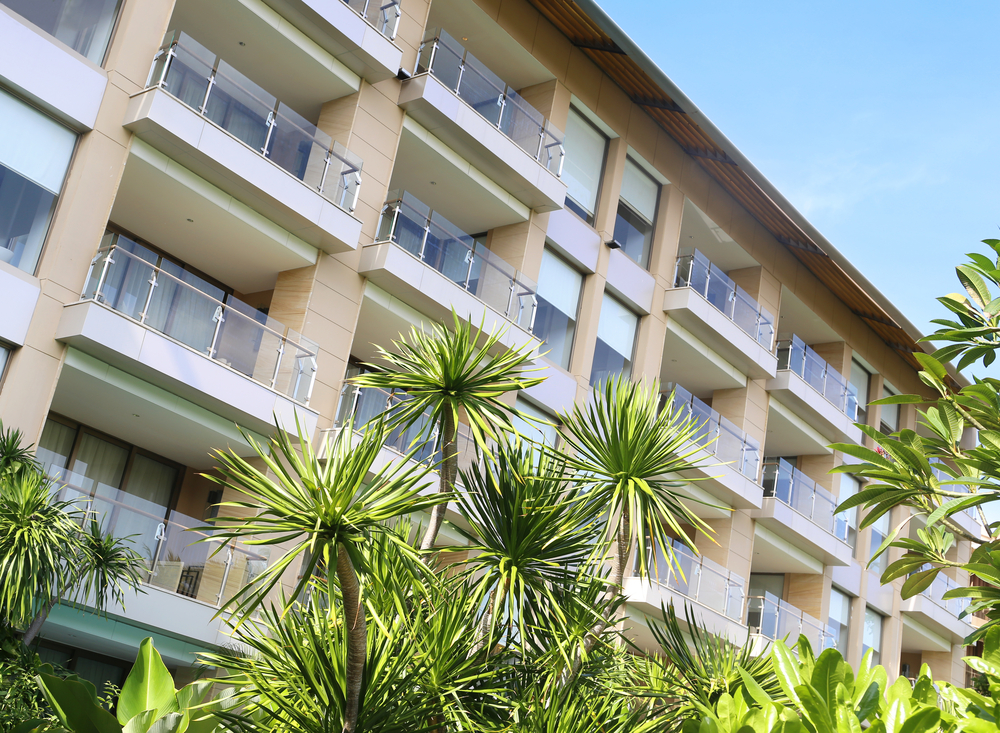
CBuilding Coverage: Protects against damage to the physical structure of the building caused by covered perils such as fire, vandalism, or natural disasters. Contents Coverage: Insures the lessor's property within the building, including furnishings and equipment.
General Liability Insurance: Covers legal expenses and damages in case of third-party bodily injury or property damage claims on the leased premises. Premises Liability Insurance: Specifically addresses liability arising from accidents or injuries on the property.
Business Income Insurance: Provides coverage for lost rental income if the property becomes uninhabitable due to a covered peril, such as a fire or natural disaster.
Excess Liability Insurance: Offers additional liability coverage above the limits of primary policies, providing an extra layer of protection.
Environmental Liability Insurance: Protects against costs associated with pollution cleanup, addressing risks related to environmental contamination on the property.
Fair Housing Act Insurance: Covers legal expenses in case tenants file discrimination claims based on race, gender, or disability.
Data Breach Insurance: Relevant for lessors who collect and store tenant information, this coverage helps manage the financial impact of a data breach or cyberattack.
If employing staff: Provides coverage for medical expenses and lost wages for injured employees working on the leased property.


Get A Free Quote Today!